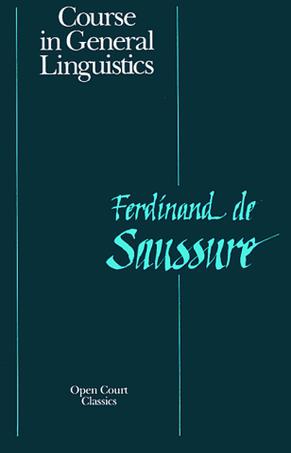

Cannot be taken for credit by students who have previously taken, or are currently taking, CAS LX 250 or a higher-level linguistics course. Students examine how dialect variation arises, how it can be described, and how it interacts with literature, film, humor, and music.
CAS LX 110: Say What? Accents, Dialects, and SocietyĮxploration of how variation in accents and dialects interacts with various aspects of society and human life. Turkish: Language, Literature, Culture (including courses in English). Spanish: Language, Literature, Culture (including courses in English). Russian: Language, Literature, Culture (including courses in English). Portuguese: Language, Literature, Culture (including courses in English). Persian (Farsi): Language, Literature, Culture (including courses in English). Korean: Language, Literature, Culture (including courses in English). Japanese: Language, Literature, Culture (including courses in English). Italian: Language, Literature, Culture (including courses in English). Hindi-Urdu: Language, Literature, Culture (including courses in English). Hebrew: Language, Literature, Culture (including courses in English). German: Language, Literature, Culture (including courses in English). French: Language, Literature, Linguistics, Culture (including courses in English). Classical Civilization and Tradition (in English), Ancient Greek, and Latin Chinese: Language, Literature, Culture (including courses in English). Arabic: Language, Literature, Culture (including courses in English). African Studies: West African Languages: Akan Twi, Wolof. African Studies: South African Languages: isiXhosa. African Studies: East, West & South African Languages: Amharic, Igbo, Mandinka, isiZulu. African Studies: East African Languages: Kiswahili (Swahili). For more information see your department chair or the degree requirements for Bachelor of Arts and information on Majors/Minors. Recommended supporting courses that are optional and not required may also count in the major depending on the program. Some departments may have additional grade requirements for the courses offered within their department. Grade Point Average Notation: All courses listed in the catalog as required courses for any major and/or minor, including those courses outside of the department or with a different subject coding, are considered part of the major and will count in the grade point average. LING-400 Linguistics Independent Study (1 or 2 credits)įor course descriptions, see the catalog pages for the corresponding departments and programs. LING-399 Linguistics Directed Study (1 or 2 credits) (4) Translation and crosslinguistic analysis Please direct questions to the Linguistics coordinator.ĬLAS-290 Greek and Latin Roots for Science (2 credits)ĬLAS-334 Mysterious Manuscripts and Secret KnowledgeĬOMM-220 (PS, D) Communication and Social RelationshipsĬOMM-260 (PH, G) Communication and CultureĬSD-100 (PS) Human Communication and its Disorders Note: The following course lists are not exhaustive, and changes may occur without notice. 
Students must select courses from different subgroups (1) through (5) for each elective to ensure as much breadth as possible there is no restriction on the number of credits from group (6) Linguistics.

LING-100 Linguistics or SPAN-330 Introduction to Hispanic LinguisticsĬSD-215 Phonetics or SPAN-331 Spanish Phonetics and Phonology Linguistics minors take three required courses (12 credits) and at least eight (8) credits of electives for 20 total credits. Linguistics students are encouraged to complement the minor with language study ( World Languages and Classics) and to participate in study abroad opportunities offered by International and Off-Campus Programs. The interdepartmental structure of the minor allows students to approach language and communication from different perspectives. JEFFREY RENAUD, Associate Professor (World Languages, Spanish)Īugustana’s 20-credit linguistics minor engages students in the scientific study of language. 2023-24 Academic Catalog Page in Progress







 0 kommentar(er)
0 kommentar(er)
